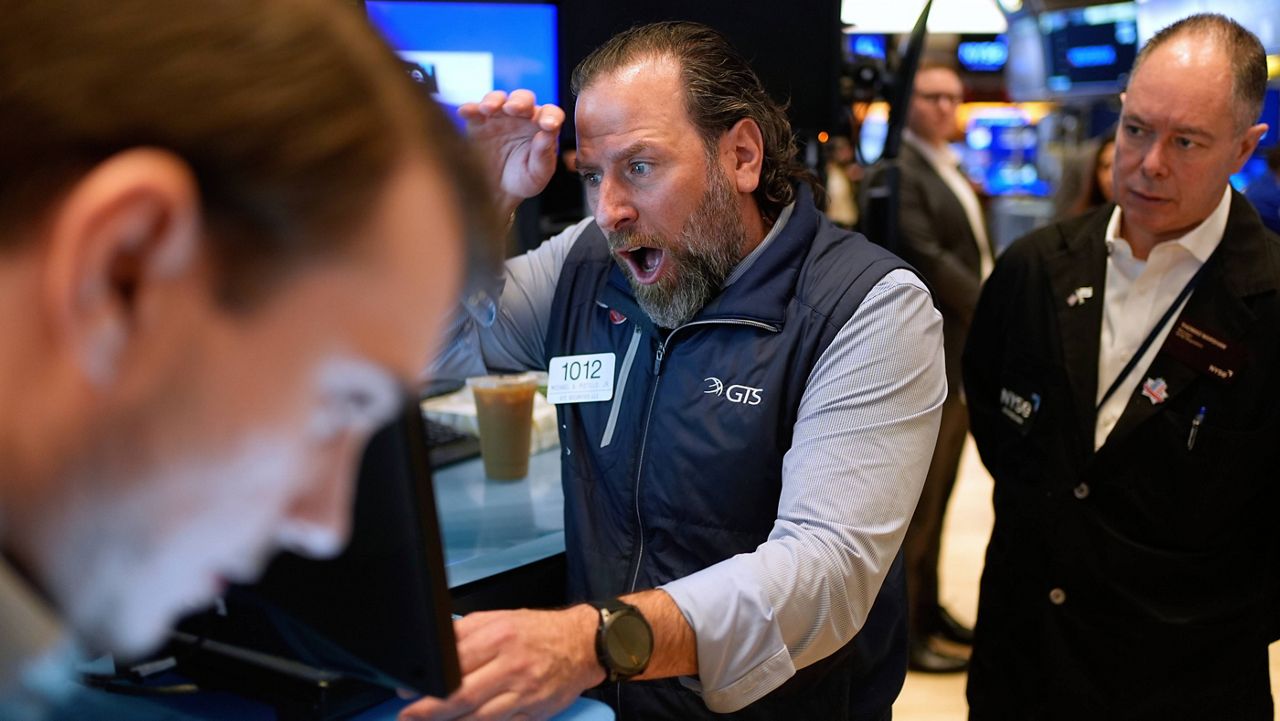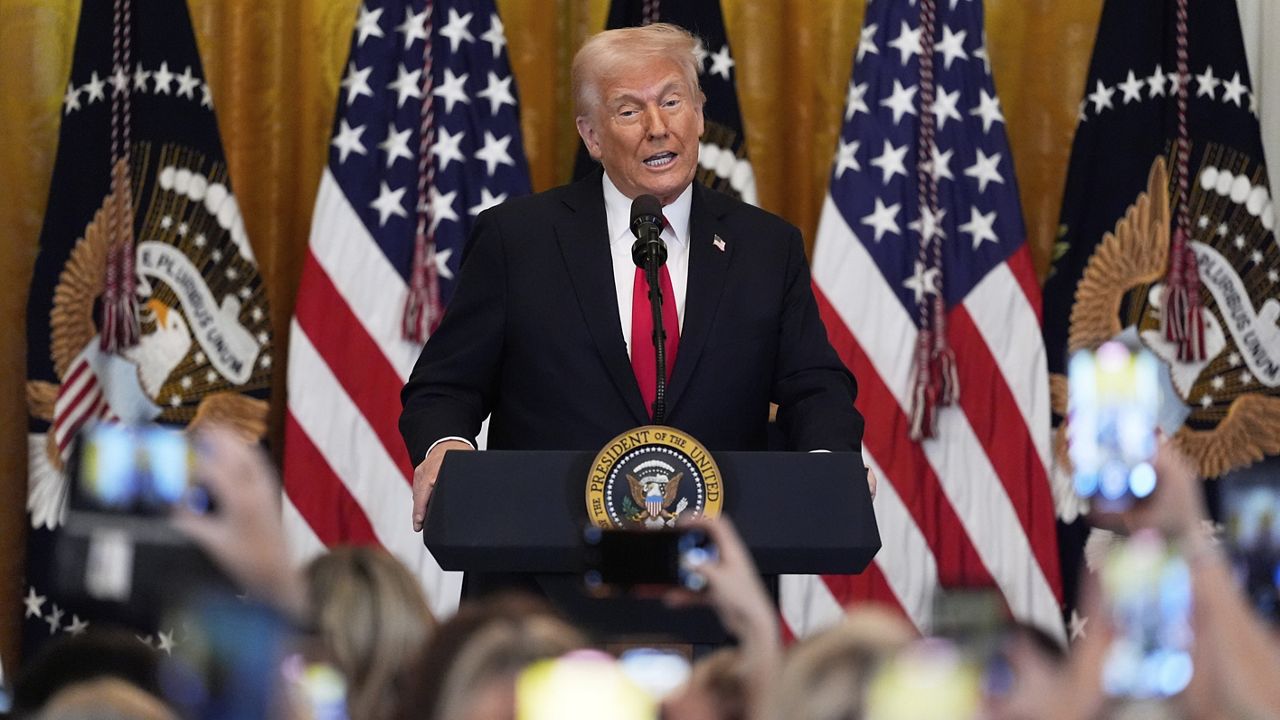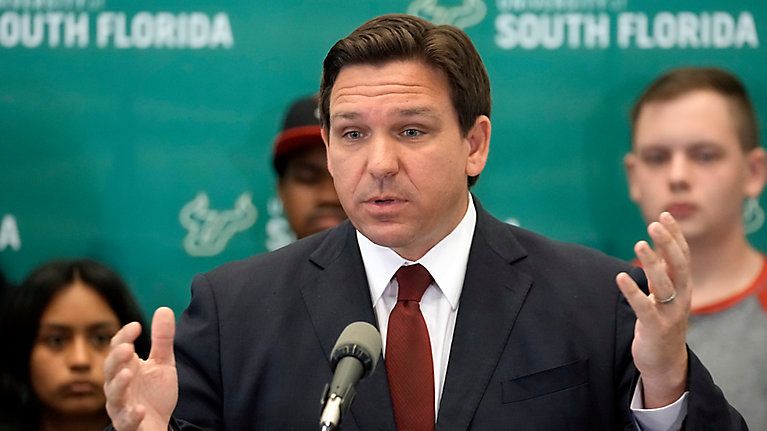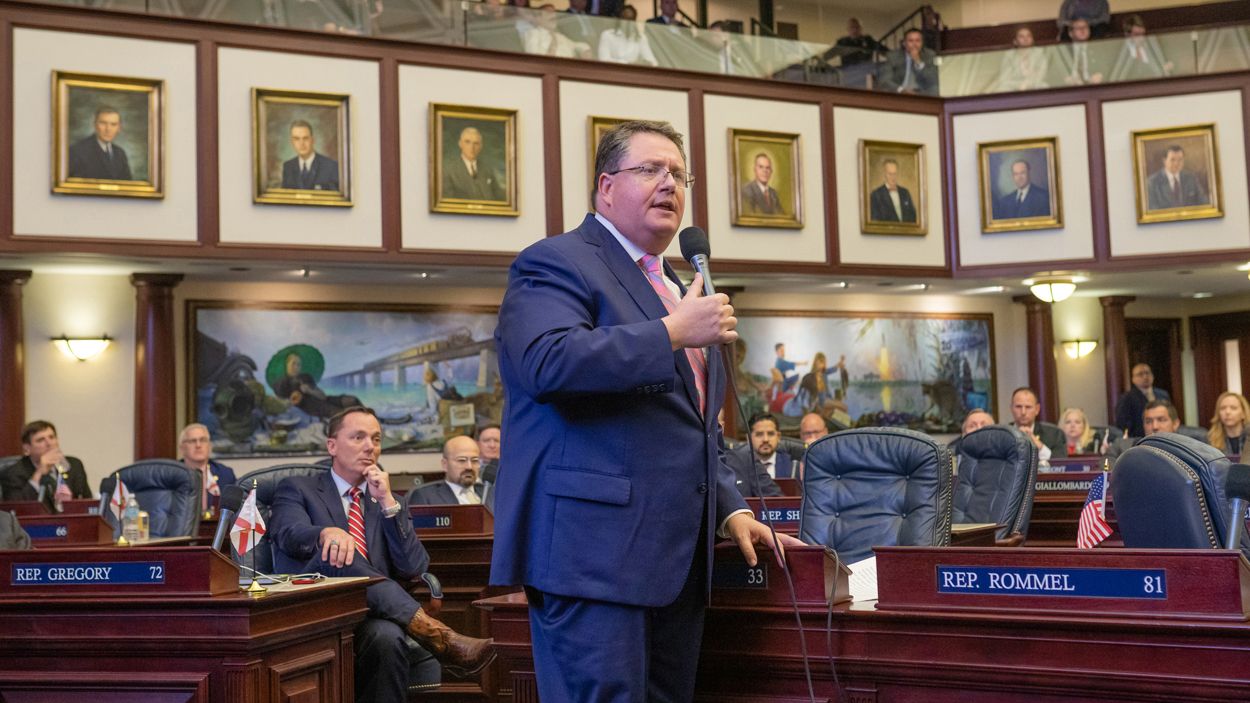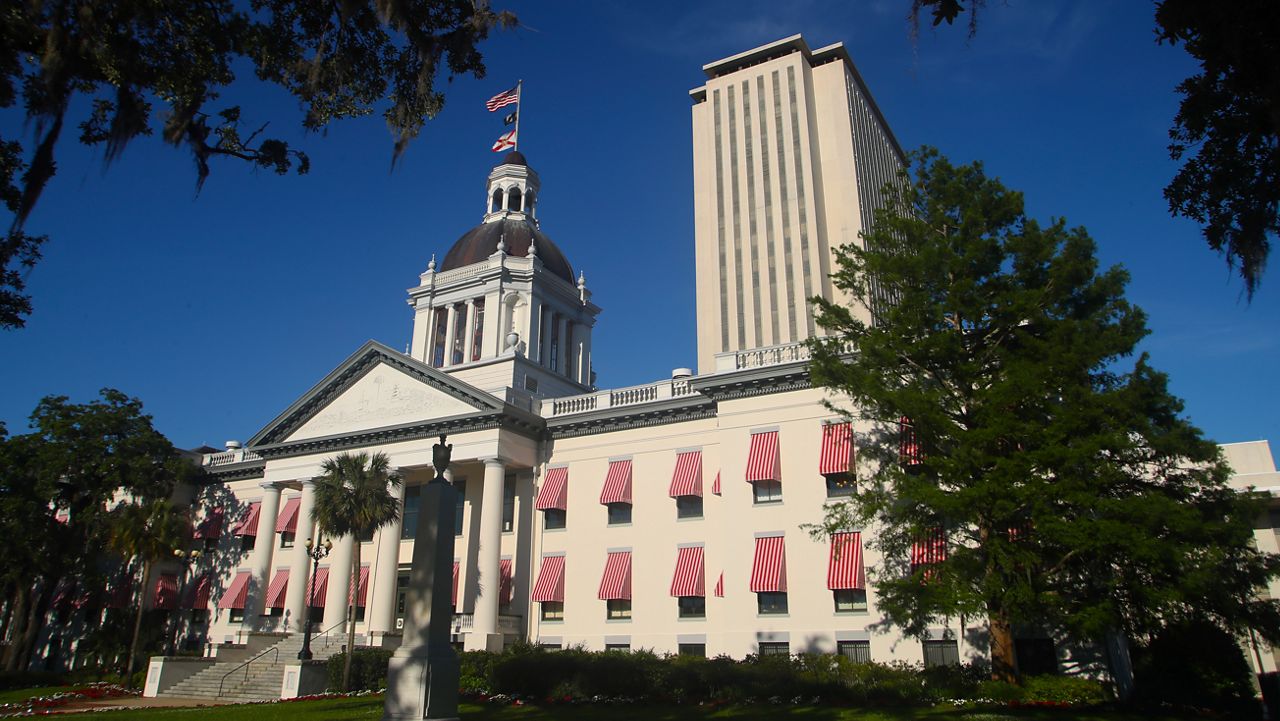President Donald Trump orders all staff related to diversity, equity, and inclusion be put on leave, and officials react to the latest change in the country's immigration policy.
Stories in this Episode of Political Connections
- Trump administration orders all federal diversity, equity and inclusion staff be put on leave
- Tampa immigration attorney busy after Trump's series of executive actions
Trump administration orders all federal diversity, equity and inclusion staff be put on leave
President Donald Trump's administration moved Tuesday to end affirmative action in federal contracting and directed that all federal diversity, equity and inclusion staff be put on paid leave and eventually be laid off.
The moves follow an executive order Trump signed on his first day ordering a sweeping dismantling of the federal government's diversity and inclusion programs that could touch on everything from anti-bias training to funding for minority farmers and homeowners. Trump has called the programs "discrimination" and insisted on restoring strictly "merit-based" hiring.
The executive order on affirmative action revokes an order issued by President Lyndon Johnson, and curtails DEI programs by federal contractors and grant recipients. It's using one of the key tools utilized by the Biden administration to promote DEI programs across the private sector — pushing their use by federal contractors — to now eradicate them.
The Office of Personnel Management in a Tuesday memo directed agencies to place DEI office staffers on paid leave by 5 p.m. Wednesday and take down all public DEI-focused webpages by the same deadline. Several federal departments had removed the webpages even before the memorandum. Agencies must also cancel any DEI-related training and end any related contracts, and federal workers are being asked to report to Trump's Office of Personnel Management if they suspect any DEI-related program has been renamed to obfuscate its purpose within 10 days or face "adverse consequences."
By Thursday, federal agencies are directed to compile a list of federal DEI offices and workers as of Election Day. By next Friday, they are expected to develop a plan to execute a "reduction-in-force action" against those federal workers.
The memo was first reported by CBS News.
Tampa immigration attorney busy after Trump's series of executive actions
It's been a busy Tuesday for immigration offices in Tampa, after a series of immigration executive actions were signed by President Donald Trump.
They include declaring a national emergency at the U.S. border and kicking off a process to end birthright citizenship.
Attorney Danielle Hernandez with DVH Law Group says their phones are ringing with concerns from those wondering what their rights are.
She’s now filming a video breaking down the executive orders signed by Trump.
“We woke up to a slew of phone calls and questions, so we thought that this was the most effective way to answer them,” said Hernandez.
Hernandez has been an attorney for 15 years, so helping the immigrant community stay informed is part of her day-to-day.
However, with a new president, she’s hoping to get one message out to immigrants in the state.
“I want people to understand if you do not have a final order of deportation and you do not have any criminal record — I’m talking things you went to jail for — no one is going to come looking for you,” said Hernandez.
Trump’s administration also shut down an app called CBP One that allowed migrants to cross the U.S. border legally and discontinued a humanitarian program allowing paroles and family reunifications.
As for the order on ending birthright citizenship, Hernandez says that will be difficult to enforce.
“That’s the one thing that he has done that I’m certain will have legal checks and balances — this is protected in the Constitution, this is protected by the courts,” she said.
Hernandez has also distributed cards to families that explain what to do if questioned about legal status and how to stay protected.
“You have the right to say that you would like to remain silent, and you would like to speak to an attorney and do not sign anything,” she said.
In Tallahassee Tuesday, Gov. Ron DeSantis spoke about the first steps taken by Trump in the early hours of his new administration.
The governor specifically touted Trump’s executive orders on immigration, saying they point towards the importance of a special legislative session that he has called for.
“The President mentioned in his speech that, you know, the states need to be on board here. I think you’re gonna see them go after sanctuary jurisdictions. I know that was in one of the orders. And hopefully in the budget process as well. But here in Florida, we lead in Florida, we don’t wait to see what the political temperature is, we get out, we lead, we get the job done. We have an opportunity to make a difference on an issue that the voters have cared about, really, really intently, for a number of years. This is the time. How many Republicans have been elected running on the border and immigration excesses in the last 20 years? I mean, it’s been like a perennial issue, so now we have an opportunity to make a real difference. We have a great roadmap,” DeSantis said.
Florida lawmakers seek to tackle food deserts with new bill
Florida legislators are hoping to decrease the number of food deserts statewide.
They’re defined as low-income urban or suburban areas that are more than one mile from a supermarket, or a low-income rural area more than 10 miles from one.
Often, residents must rely on convenience stores for food.
But a bill that would cut through land development regulations could help spur grocers to set up shop in those areas of need.
Every Saturday, Raymond Mabry brings his wagon to Tangerine Plaza. He picks up food supplies to last him the week.
“I get to eat now, great food," he said. "I must say they have some pretty blessed food."
Mabry doesn’t have a car, and the nearest grocery store is almost two miles away from this shopping center.
“I would have to depend on someone to take me to the grocery store. And I wouldn’t be the only one in this position. Believe me, all these people lined up, they don’t have a way around,” he said.
He’s lined up to get food that was donated for people like him.
“They are the grocery store," he said. "I know it’s kinda bad, but you know man, if it don’t be for them, I mean, these people are saviors."
Mabry was there along with hundreds of others. Some came on foot, some in their vehicles.
“I believe the fact that neighbors are out here before the sun rises to wait for groceries proves that there is a great need,” he said.
Karen Rae is the executive director of Positive Impact St. Pete.
“We are standing right in the middle of a food desert," Rae said. "There has not been a grocery store here for over seven years and that is unacceptable."
Some lawmakers want to change that. Rep. Michele Rayner is co-sponsoring House Bill 89, which would help bring small grocery stores to food insecure neighborhoods by cutting through some regulations like land development to make construction and planning quicker and easier.
Rae supports it.
“We need to have grocery stores within a mile of everyone’s home so that it’s easy for them to access healthy foods,” she said.
Local politicians like St. Petersburg city council member Corey Givens, Jr. says he wants to tackle the problem of food deserts
“Access to nutritious food should be a human right," he said. "Everyone, regardless of their zip code, regardless of their income bracket, deserves to have foods in their belly."






